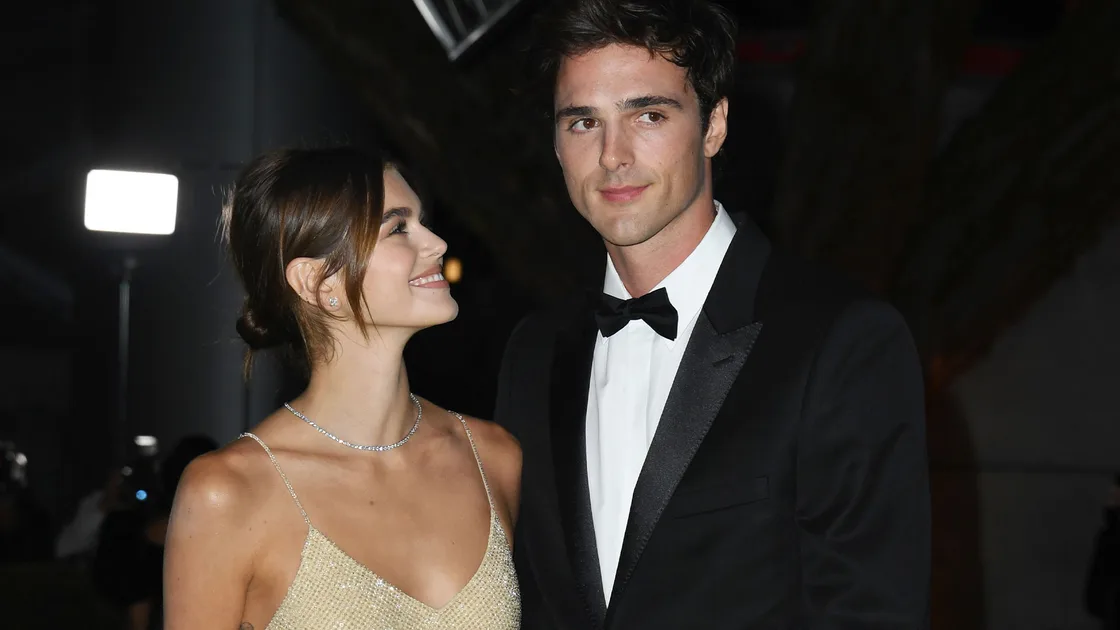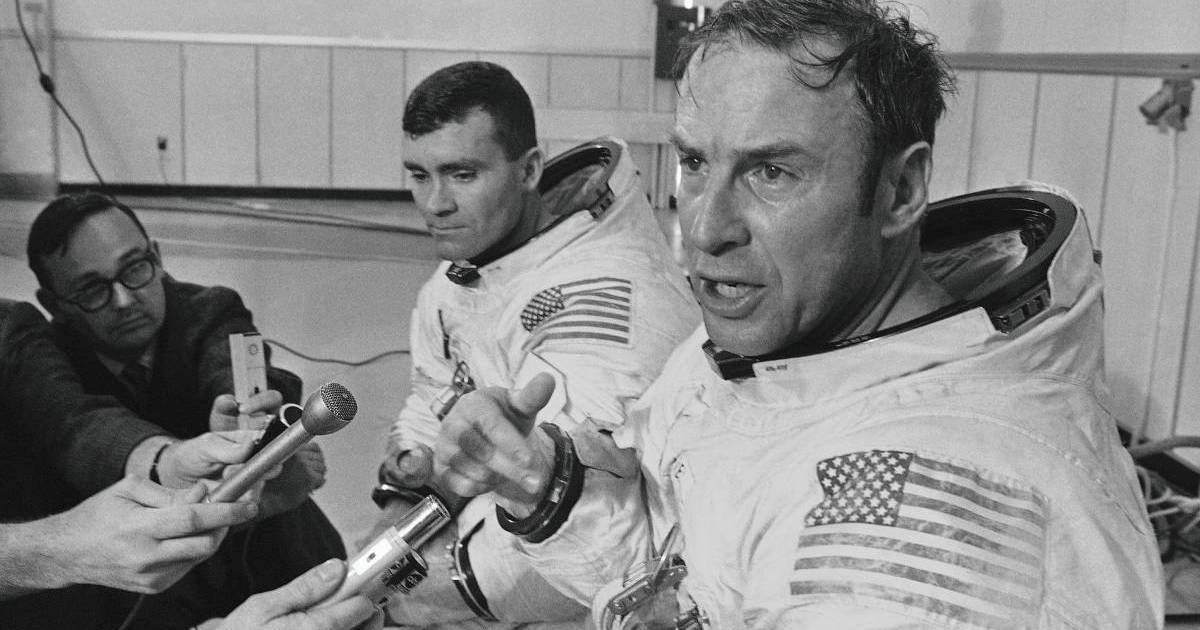Hollywood's Ageing Crisis: Is Plastic Surgery Stealing Roles From Young Actors?

Sam Nivola, the rising star from The White Lotus, has sparked a debate about Hollywood's evolving landscape and the opportunities available for young actors. The 21-year-old actor believes the entertainment industry is experiencing an unusual ageing trend, largely fuelled by the prevalence of plastic surgery amongst established stars. He's voiced concerns that this phenomenon is inadvertently limiting the roles and career progression of his generation.
Nivola’s observations come at a time when the industry is grappling with discussions around ageism and representation. He suggests that the willingness of older actors to undergo significant cosmetic procedures to maintain a youthful appearance is creating a barrier for younger talents eager to break through. It’s not about disliking the work of seasoned performers, he clarifies, but rather questioning the system that prioritizes a perpetually youthful image over diverse casting choices.
“It’s a weird thing,” Nivola recently told GQ. “You see these old movie stars, and they’ve had so much work done. And they’re still getting these roles. It’s like, where do young actors fit in?” His comments resonate with many young performers who feel the industry is increasingly favouring established names, regardless of their age or the need for fresh perspectives.
This isn’t a new conversation. For years, actors and industry insiders have raised concerns about the lack of opportunities for younger talent, particularly in leading roles. While experience and proven box office appeal are undeniably valuable assets, the argument is that a reliance on familiar faces can stifle creativity and limit the representation of a wider range of ages and backgrounds.
The rise of social media and the scrutiny it brings have also contributed to the pressure to maintain a youthful appearance. Actors are constantly under the microscope, and the perceived need to conform to unrealistic beauty standards can lead to drastic measures. This, in turn, creates a cycle of ageing performers clinging to roles that could otherwise be offered to emerging talent.
Nivola’s candid comments have ignited a wider discussion about the responsibility of casting directors and studios to prioritize diversity and inclusivity. Are they actively seeking out fresh faces, or are they simply opting for the perceived safety of established stars? The answer, according to many, lies in a need for a more proactive and intentional approach to casting, one that values talent and potential over a relentless pursuit of youth.
Ultimately, the debate surrounding Hollywood’s ageing crisis highlights a larger issue: the need for a more equitable and sustainable entertainment industry, one that provides opportunities for actors of all ages and backgrounds to thrive. Sam Nivola's voice adds a crucial perspective to this ongoing conversation, urging the industry to reconsider its priorities and embrace the potential of the next generation.






